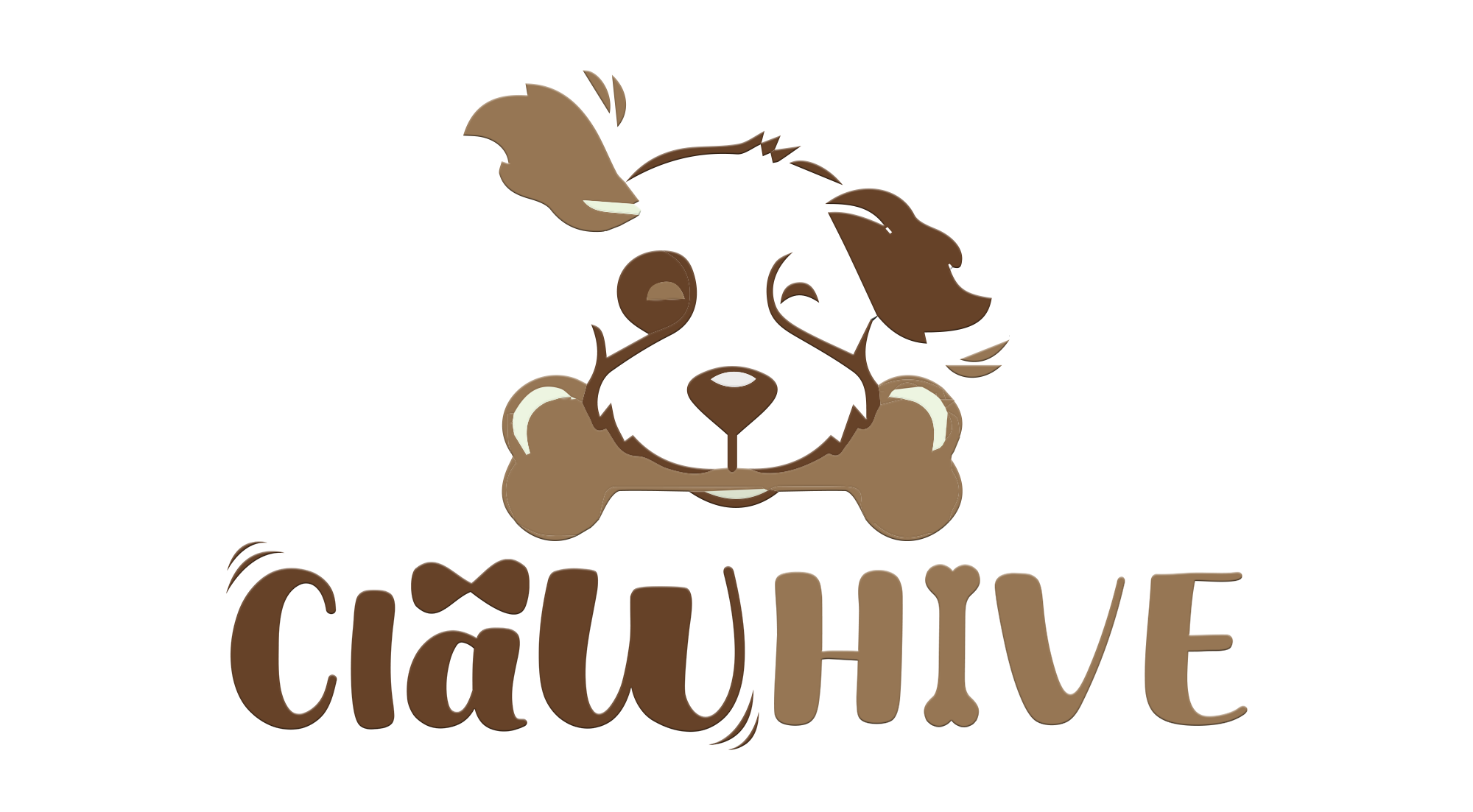Colitis in dogs is a condition that refers to the inflammation of the colon, causing discomfort and digestive issues. It is one of the more common gastrointestinal disorders that affects dogs and can range from mild to severe.
Identifying the causes and understanding how to treat colitis in dogs is crucial for maintaining their overall health.
This blog will explore what causes colitis in dogs, treatment options, life expectancy, and important dietary considerations to help manage this condition.
What Causes Colitis in Dogs?
Colitis can be caused by various factors, making it important to identify the root cause before beginning treatment. The main causes of colitis include:
- Dietary indiscretion: Dogs that eat something inappropriate or toxic can develop colitis. This is especially common in dogs that tend to scavenge.
- Food intolerance or allergies: Certain foods can cause irritation or inflammation in a dog’s colon. Identifying the specific food that triggers colitis is crucial to managing the condition.
- Stress: Stress colitis in dogs is another common cause. Stressful situations, such as a change in environment, new pets, or separation anxiety, can lead to digestive disturbances.
- Infections: Bacterial, viral, or parasitic infections can lead to inflammation in the gastrointestinal tract.
- Chronic diseases: Conditions like inflammatory bowel disease (IBD), pancreatitis, or even cancer can contribute to colitis in dogs.
- Antibiotics and medications: Prolonged use of antibiotics or other medications can disrupt the natural flora in a dog’s gut, leading to inflammation and colitis.
What Causes Colitis in Dogs and Which Foods to Avoid?
Dietary triggers are one of the most frequent contributors to colitis. Some dog breeds have a sensitive digestive system. Common foods that may cause colitis in dogs include:
- Dairy products: Many big fluffy dogs are lactose intolerant, which can lead to inflammation in the colon if they consume too much dairy.
- High-fat foods: Fatty meals are difficult for a dog’s digestive system to process, leading to irritation and potential colitis.
- Processed dog foods: Certain preservatives, additives, and low-quality proteins in commercial dog foods can irritate the colon over time.
- Bones or indigestible items: If a dog consumes bones, plastic, or other foreign objects, they can irritate the colon and lead to colitis.
- Grains: Some dogs have grain sensitivities, and diets rich in wheat, corn, or soy can trigger colitis symptoms.
For dogs prone to colitis, avoiding these potential triggers and feeding them a well-balanced, easily digestible diet is crucial. Discuss with your veterinarian what not to feed dogs with colitis to prevent flare-ups.
Tip: Other than such conditions, you need to keep your canine away from parasites that can cause such different and unique diseases to develop. Learn about parasites in dogs here.
How Do You Treat Colitis in Dogs?
Treatment for colitis in dogs depends largely on the underlying cause of the condition. If a dog’s colitis is due to an infection or parasites, a veterinarian may prescribe antibiotics or deworming medications to clear up the issue.
- Dietary adjustments: Feeding your dog a bland, low-fat, and easily digestible diet can help calm the digestive system. Some veterinarians recommend switching to a hypoallergenic diet or using prescription foods specially designed for dogs with gastrointestinal issues.
- Medication: Anti-inflammatory medications may be prescribed to reduce the inflammation in the colon. In some cases, probiotics and supplements are given to improve gut health.
- Hydration: Keeping your chunky dog hydrated is essential, especially if they are experiencing diarrhea.
- Managing stress: For stress colitis in dogs, reducing anxiety and maintaining a stable routine can help prevent flare-ups.
Veterinarians may also suggest what causes colitis in dogs treatment protocols based on the specific form of the illness.
What Causes Colitis in Dogs and How Long Does It Last?
The duration of colitis depends on the severity and underlying cause. Acute colitis, which may be triggered by a one-time dietary indiscretion or stressful event, can last a few days to a week with appropriate treatment.
However, chronic colitis, especially if linked to long-term conditions like inflammatory bowel disease or food allergies, may persist and require ongoing management.
Learn about long-term effects of ehrlichia in dogs which is another harmful condition in dogs.
What Causes Colitis in Dogs Vomiting?
Vomiting can accompany colitis in dogs, particularly when the inflammation in the colon affects the stomach and small intestine. Vomiting, along with diarrhea and abdominal discomfort, can indicate more severe forms of gastrointestinal distress.
What Causes Colitis In Dogs And What Not To Feed Them?
It is critical to avoid foods that could trigger colitis symptoms. What not to feed dogs with colitis includes high-fat foods, dairy products, grains, and anything with artificial additives.
A diet rich in high-quality proteins, fibers, and easy-to-digest carbohydrates is often recommended.
Conclusion
What causes colitis in dogs can be uncomfortable and distressing for both pets and owners, but with proper treatment and dietary management, most cases can be controlled effectively.
If you suspect your dog has colitis, consult a veterinarian for a tailored treatment plan that addresses the underlying cause and provides your dog with the relief they need.



